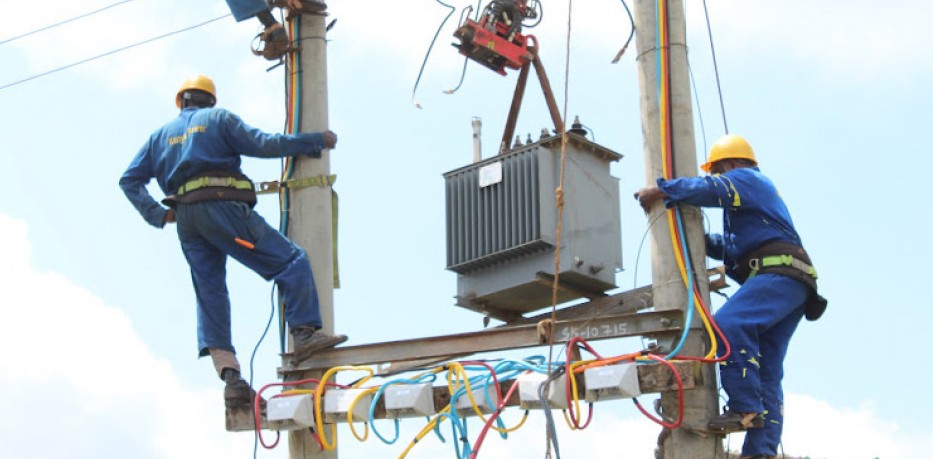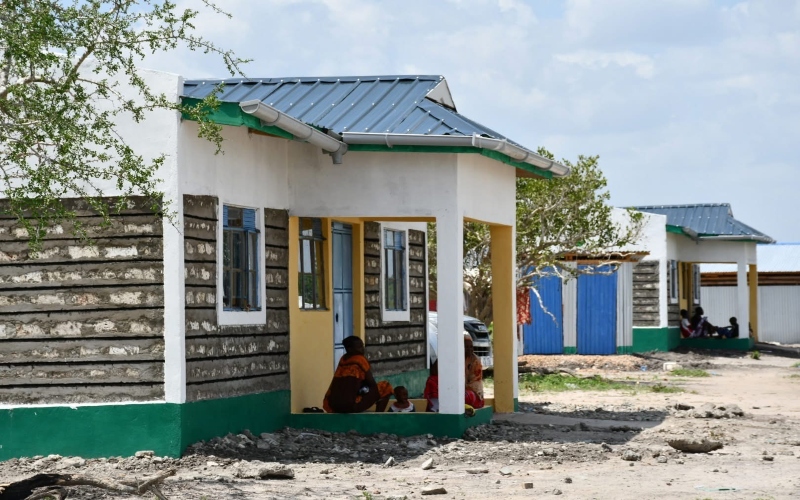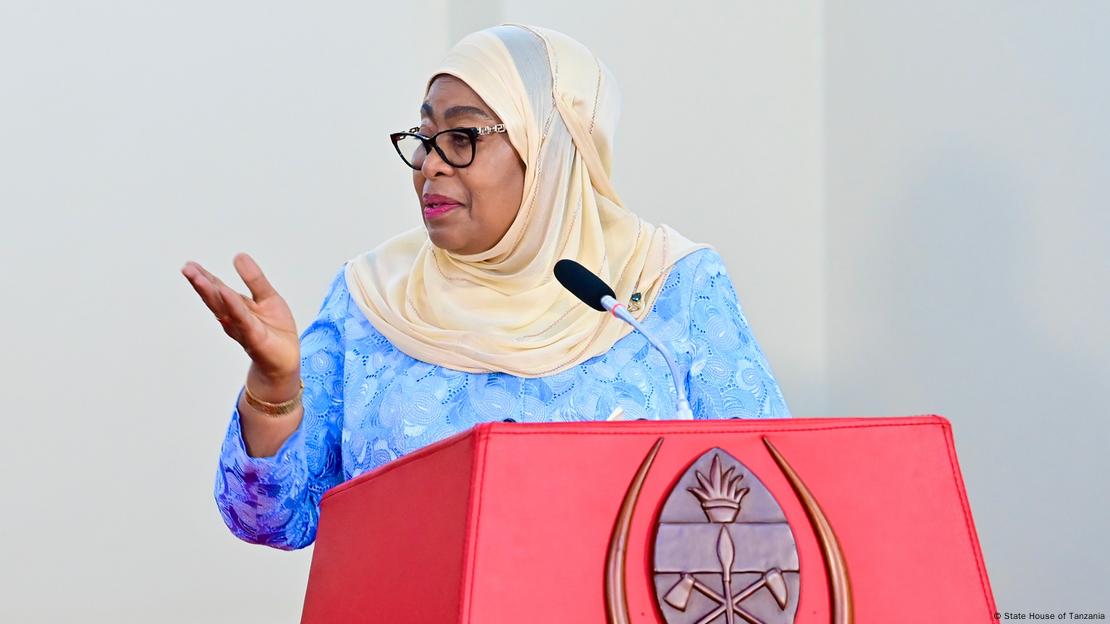Senate moves to unmask power firm owners amid rising electricity costs

The Bill requires Kenya Power to maintain and publish a register of the generating entities it contracts, alongside their beneficial ownership.
The Senate has moved a step closer to unveiling the identities of owners behind power-producing firms in Kenya as part of ongoing efforts to reduce the cost of electricity.
A proposed law, the Energy (Amendment) Bill, 2023, was recently forwarded for its first reading in Parliament after receiving approval from senators.
More To Read
- State agencies, counties owe Kenya Power Sh4.67 billion in unpaid bills - Auditor General
- Kenya Power ends manual applications, new connection requests exclusively via website
- Over 16,000 in the dark as Kenya Power struggles to procure essential meters, transformers
- 122 electrocuted as illegal connections, encroachment rise - Kenya Power
- County governments owe Kenya Power Sh5.67 billion in unpaid electricity bills - report
- Kenya Power rolls out digital meter reading system to boost billing accuracy
The Bill aims to compel Kenya Power to disclose the names of all beneficial owners of independent power producers (IPPs) with whom it has agreements.
Spearheaded by Nairobi Senator Edwin Sifuna, the Bill requires Kenya Power to maintain and publish a register of the generating entities it contracts, alongside their beneficial ownership.
The names must also be made available on Kenya Power's website and included in the utility’s annual audit report.
Costly agreements
The push to increase transparency comes as costly Power Purchase Agreements (PPAs) have been blamed for driving up electricity prices for consumers.
The cost of 200 units of electricity recently averaged Sh5,687, a sharp rise from Sh4,920 in the same period in 2021.
MPs have pointed fingers at IPP owners, accusing them of contributing to these rising costs.
Kenya Power currently has contracts with 14 IPPs, including providers of wind, thermal, and geothermal power.
Despite KenGen supplying about 60 per cent of Kenya's electricity, IPPs account for a larger portion of the costs.
In the year leading up to June, Kenya Power paid Sh18.3 billion to IPPs, in contrast to Sh5.2 billion for KenGen’s electricity.
The Bill, now requiring approval from the National Assembly, is expected to bring more transparency and accountability to the energy sector, which has been under scrutiny for its high energy costs.
Top Stories Today












































